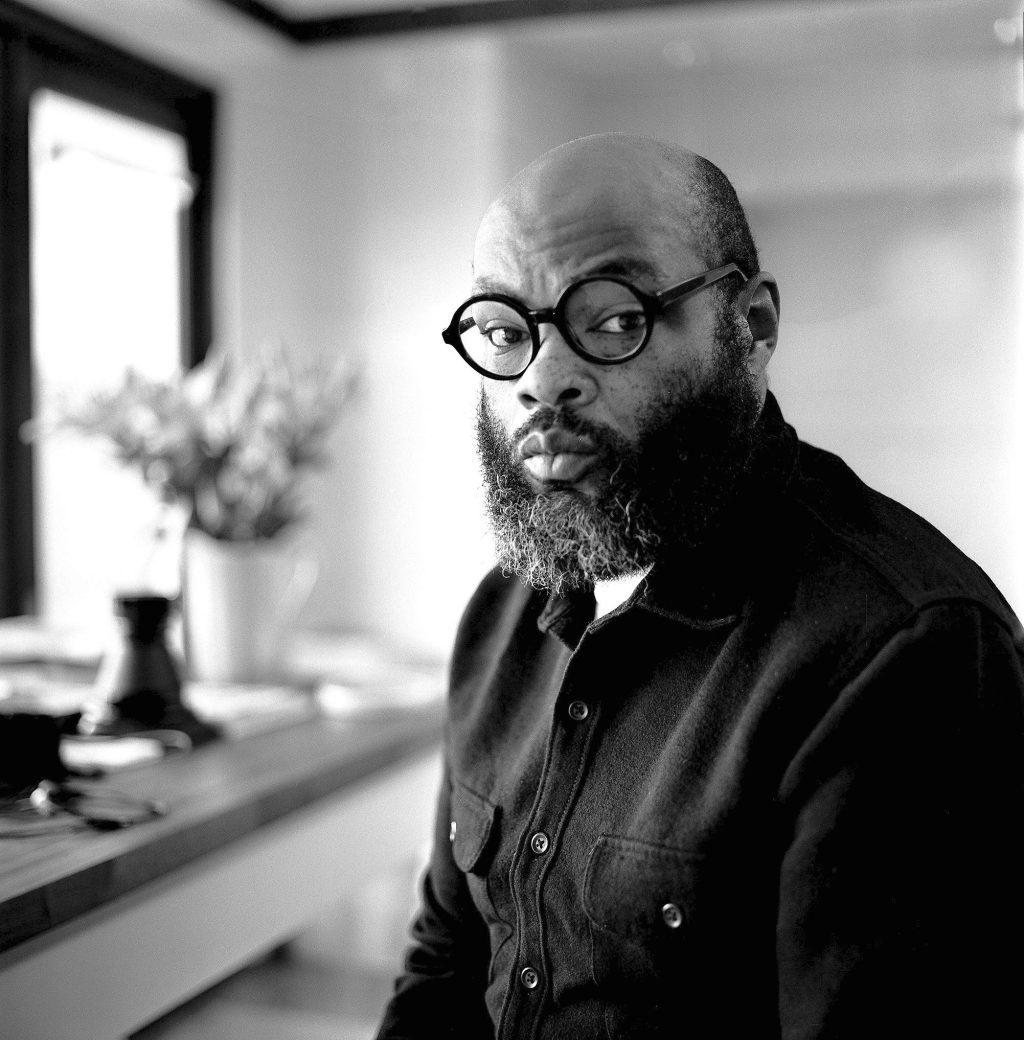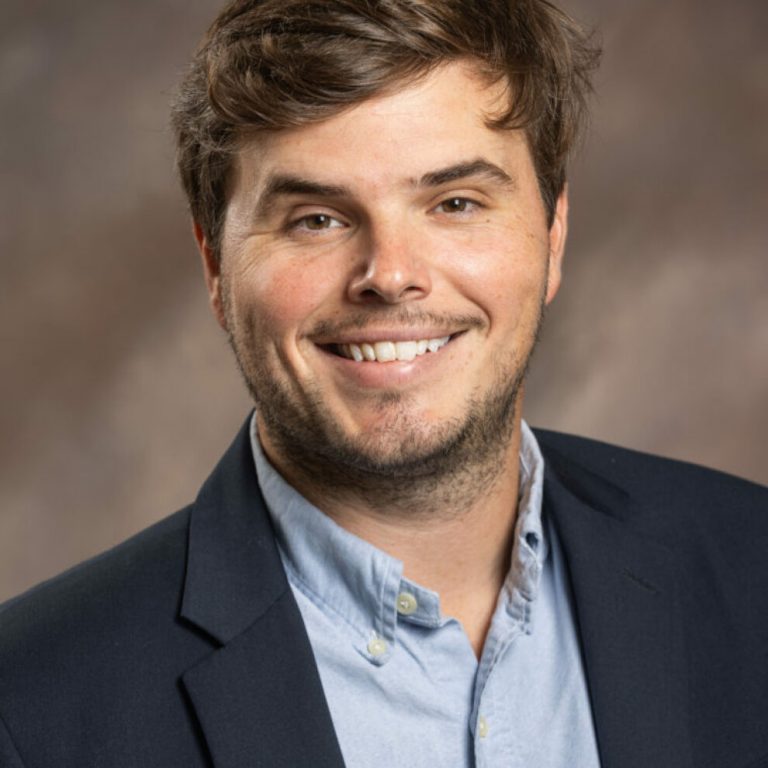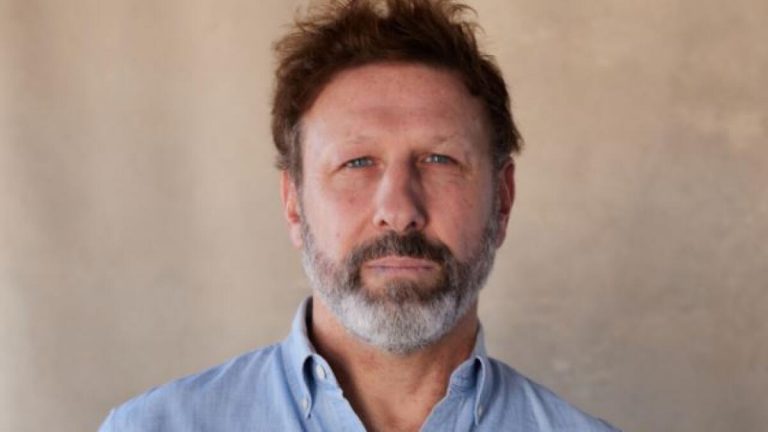
A.H. Jerriod Avant. Submitted photo
A.H. Jerriod Avant, a poet and Grisham Writer-in-Residence at the University of Mississippi, will headline the third Craft Talk at the Brewery, set for 4 pm January 28, 2025 at Circle & Square.
The series, hosted by the UM Department of Writing and Rhetoric, features authors discussing craft techniques and tools that have shaped their thinking and sensibilities. The event is free and open to the public, and complimentary refreshments will be available.
“Each Craft at the Brewery is an investment in writing of all sorts that showcases one of our brightest literary lights as they share inspiring and practical insights about their creative processes,” says John T. Edge, director of the Mississippi Lab and writer-in-residence for the Department of Writing and Rhetoric.
Avant is the author of the poetry collection “Muscadine” (Four Way Books, 2023) and the 2024 recipient of the Mississippi Institute of Arts and Letters Award in poetry.
His craft talk “The Language of Place” will ask participants to consider the ways words disrupt their surroundings and carry cultural and historical messages.
“The language around you is more than rich enough to write the things you want to write, or to celebrate the people you want to celebrate, or to leave a record of the lives you care about,” Avant said. “If folks leave with any of that, I would be happy.”
Avant credits both his time in Oxford and visits to his hometown of Longtown with influencing his writing. Eating meals and conversing with family and visiting the church of his youth have brought him peace of mind as he “writes his narrative” on upcoming projects, he said.
He is working on lyrical essays inspired by objects linked to close relatives. He also wants to use his time in Oxford to polish a photography series.
Avant is slated to teach his first graduate creative writing workshop this spring, and he plans to use his own curiosity to guide his students.
“I feel like if I am bringing in things that I am thinking about, that I’m writing into and curious about, it would bleed into the work of graduate students,” he said.
By Jordan Karnbach



